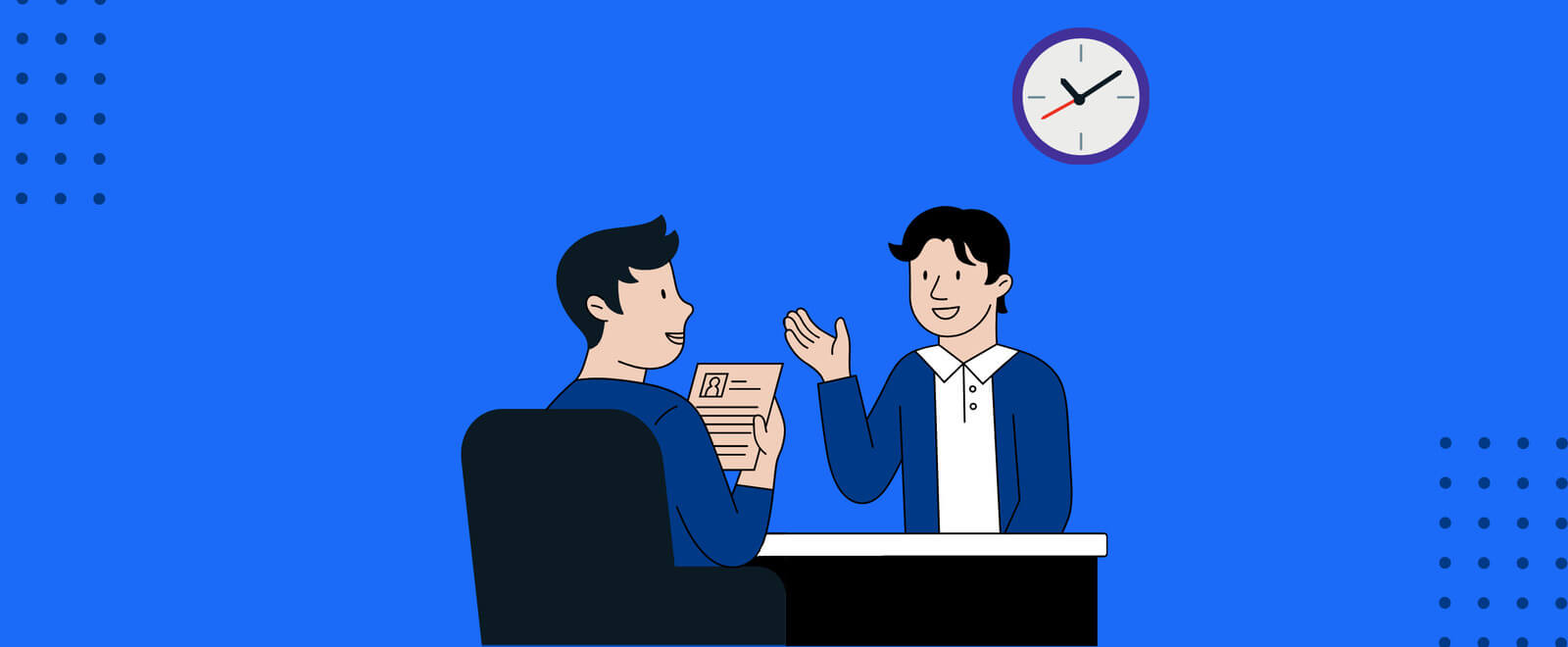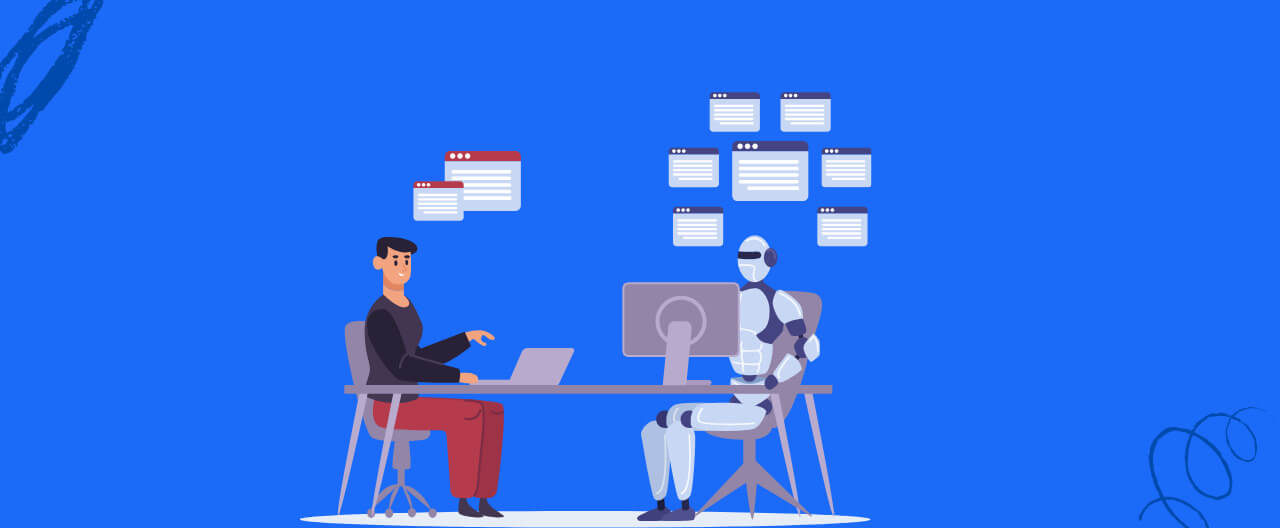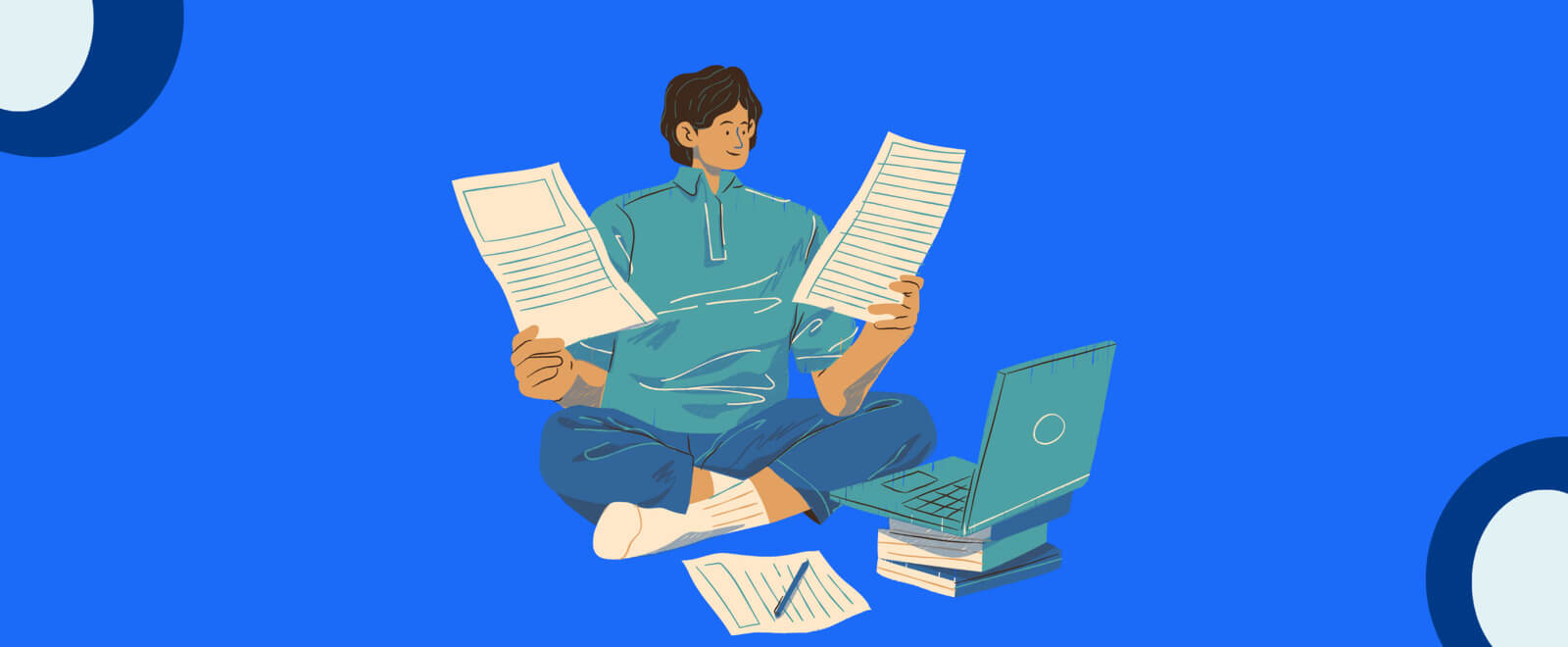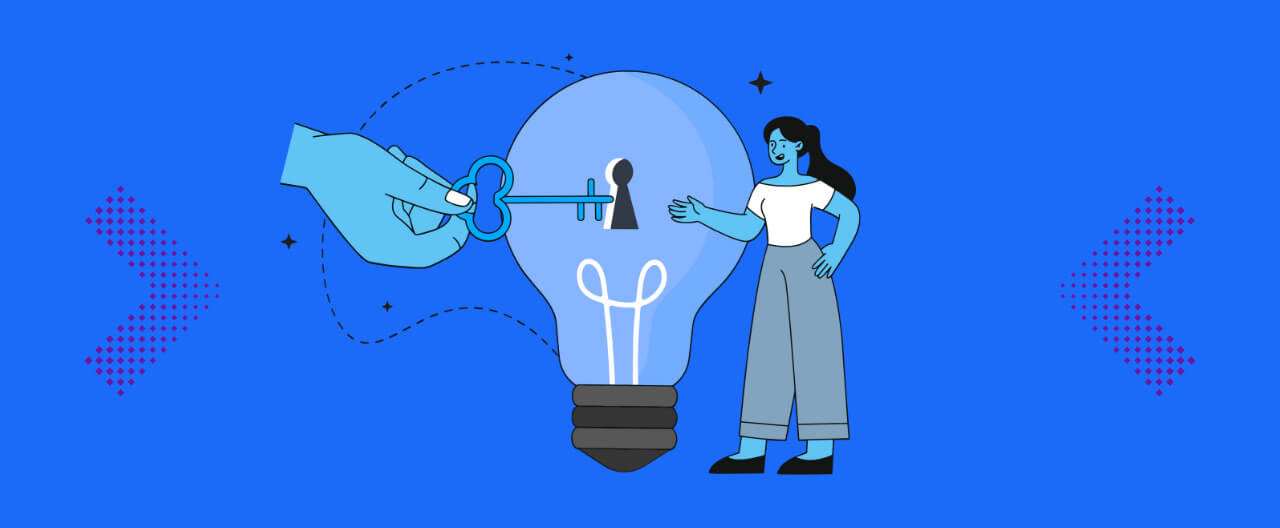‘Are you good at multi-tasking?’
It doesn’t matter which end of the table you sat at, but if you’ve ever been a part of the interview, as an interviewer or as a hopeful candidate, the above question holds quite a significance in the meeting. In addition to being a sharp listener and a speaker, you’re also counted on to efficiently jot down the key highlights of the meeting in your interview notes.
Interviewing or being interviewed, both situations requisite the skill of paying attention to detail. A meticulous approach during an interview helps you to make it through the stage with flying colours. The phrase, ‘attention to details’ becomes the key to making the right hire for your company or cracking the interview. Irrespective of the role, those handful of minutes account for a life-changing decision that should be met with preparation that is in abundance. One such productive skill that you’d definitely want in your arsenal is note-taking skills.
What Are Interview Notes?
You might have a vague idea about note-taking & the many note-taking techniques that are resorted to by people for research, education, and so on. At a similar length, interview notes are the written records of conversations, observations, and insights gathered during interviews. As we’ve discovered above, it serves as a valuable reference point, providing a comprehensive overview of discussions and aiding in recall and analysis. Essentially, they encapsulate the essence of the interview, capturing both the verbal and non-verbal cues that contribute to a holistic understanding of the subject matter.
Numerous interviewers regard interview notes as a score sheet that helps them differentiate between candidates, while underlining all their pros and cons swiftly. While physical interviews give you less scope for detailed notes, you can effortlessly leverage interviews in a virtual environment through digital note-taking tools.
Importance of Taking Notes During An Interview
Taking notes during an interview isn't just a formality or a show of professionalism; it's a strategic approach that can significantly impact the outcome of the conversation. Here's why it's essential:
Enhanced Recall
If only we could have a photographic memory.
However, life is complicated & our memory is fallible. Taking notes helps solidify key points and details, ensuring nothing vital slips through the cracks. When you look back at your interview notes later, you'll be grateful for the extra clarity they provide.
Active Engagement
Engaging in note-taking keeps you actively involved in the conversation. Rather than passively listening, you're processing information, evaluating responses, and synthesizing insights in real-time.
Objective Documentation
Interview notes serve as objective documentation of the interview process. They provide a factual record of what was discussed, eliminating ambiguity and potential misinterpretations. This documentation can be invaluable in resolving disputes or clarifying discrepancies down the line as, at times, there can be multiple interviewers in a room.
Data-driven Decision Making
We’re all accustomed to the power held by data. In today's data-driven world, decisions are only as good as the information they're based on. Comprehensive interview notes supply the raw material needed for informed decision-making, whether you're hiring a candidate, conducting market research, or refining your strategy.
It raises a question that we should ask ourselves;
‘How good am I at taking notes?’
How To Take Notes During An Interview?
Prepare Your Arsenal
Ensure you have the necessary tools ready, whether it's your go-to notebook and pen or a digital device equipped with note-taking software. These tools supplement your confidence during a meeting while channelling your focus on what’s important.
Active Listening
Engage actively in the conversation, focusing on both verbal and nonverbal cues. As someone rightly said, ‘Every good conversation starts with a good listener.’
Listen attentively to the interviewee's responses while observing their body language for additional insights.
Organized Structure
Create a clear and organized structure for your notes using headings, bullet points, or a designated format that suits your preference. There are several note-taking techniques that you can choose from.
Capture Key Points
Jot down key points, quotes, and significant details that contribute to your understanding of the interviewee's qualifications, experiences, and opinions. Whatever you surmise from your conversation can be a one-word pointer or a phrase, whichever pattern lights a bulb instantly when revisited.
Be Selective
Prioritize relevance and significance when taking notes, focusing on information that aligns with your objectives and criteria. How selective you are with your choice of words and your pattern determines your note-taking skills.
Review and Revise
After the interview, take the time to review and revise your notes, ensuring accuracy and completeness before using them for decision-making or reference. If you’re walking on the path of digital note-taking, you can easily glide through this step.
What do Great Interview Notes Look Like?
Crafting great interview notes is an art that combines precision, experience, clarity, and insight. When done effectively, your notes become your personal guide through the intricacies of conversations.
Short and Concise
Great interview notes are like a finely honed blade, sharp and to the point. They capture the essence of each interaction in succinct phrases and bullet points, breaking through the clutter to reveal the heart of the matter.
Legible
Clarity is paramount when it comes to interview notes. Whether handwritten or digital note-taking, great notes are legible and easy to interpret, ensuring that their message is not lost in a sea of scribbles or complex text.
Objective and Pertinent
We’re not aware of your profile, but you’ll have to embrace an inkling of journalism, as great interview notes maintain objectivity and relevance at all times. They focus on facts, avoid personal opinions or biases, and prioritize information that is pertinent to the interview's objectives.
Tools for Taking Interview Notes
If you’re new to taking your own interview notes, it is advisable to engage in trial and error methods to ascertain the approach that best suits your needs. Ultimately, the goal is to excel and scale your note-taking skills while driving your desired results. Below are a few tools that you should highly consider to kick off your process.
Konch AI : KonchMate
If you’re looking for a friend who’s AI-powered, quick with innovative solutions, and accurate beyond any measure, then you’d find no one as qualified as KonchMate. It provides you with instant transcriptions post your meetings, subtitles, and digital notes to enhance productivity. You can experience the magic of KonchMate within three steps.
- Activate KonchMate by connecting it to your Google calendar.
- Customize & select the meetings & platforms you want KonchMate to work its magic on.
- Get your transcripts post-meeting & review them!
Pen and Paper
Let’s face it: nothing could ever beat the essence of the timeless pen & paper unless, of course, you realize the limitless potential of digital tools, such as Konch AI. However, for a physical meeting, pen and paper remains a classic choice, offering simplicity and tactile engagement.
Laptop or Computer
Digital note-taking platforms, such as Konch AI, provide versatility and organization for efficient note management. This remains one of the major contributing factors behind organizations setting up virtual rounds before a walk-in interview.
Audio and Video Recordings
Supplement your notes with audio or video recordings for comprehensive documentation and reference.
However, Interview notes are just the beginning; with Konch AI, you can deftly acquire transcriptions in multiple languages and select your note-taking format. It fulfils all your commands in four steps.
1. Upload your file
2. Select your preferred language
3. Let Konch AI do its magic
4. Get it within seconds & review!
Conclusion
Mastering the craft of interview note-taking is pivotal for everyone. In this quest, leveraging innovative solutions like Konch AI's KonchMate results in a seamless integration of instant transcription, subtitles, and digital note-taking capabilities. Embracing such tools can not only enhance your productivity but also ensure accuracy and accessibility in your note-taking endeavours.
FAQ’s
1. What are the best tools for taking digital notes during an interview?
Konch AI: KonchMate offers advanced features for digital note-taking, including transcription and subtitle generation. Additionally, KonchMate also allows you to edit your transcriptions with its advanced editor.
2. How can I ensure my notes are thorough yet concise?
Focus on capturing key points and relevant details while avoiding unnecessary elaboration or redundancy.
3. How often should I review my interview notes?
Regularly review and revise your notes to ensure accuracy and completeness, especially before making decisions based on them.
4. Can taking notes during an interview be distracting?
With practice, note-taking becomes a seamless part of the interview process. However, you can always incline toward recording your meeting with Konch AI & revisiting those parts where you were distracted.




